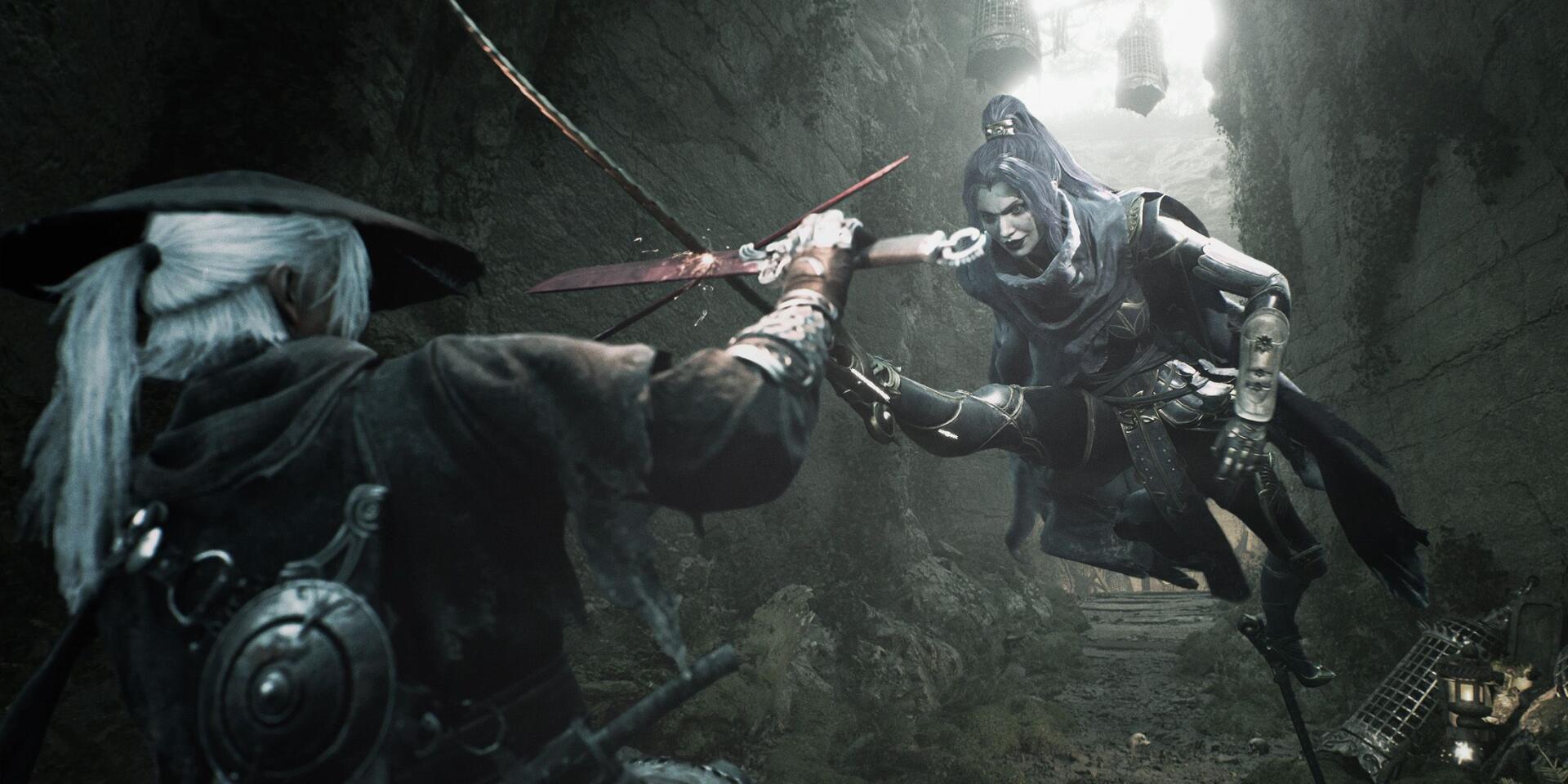One week before Chinese New Year, S-Game studio is announcing details about its highly anticipated game, Phantom Blade Zero. This announcement centers on the PC version, with PlayStation set to be a key partner for this independent S-Game studios’ title, likely garnering attention from Shuhei Yoshida during his tenure at Sony Interactive Entertainment. Creator described Phantom Blade Zero as an ultra-fast action game that blends elements of Devil May Cry with kung-fu punk. To celebrate the arrival of the Year of the Serpent in the Chinese lunar calendar, the game features a boss fight. The assassin hero’s decision to use weapon number 27, which corresponds to both the White Serpent and Crimson Viper, is highlighted as part of this celebration.
With these six additional minutes of gameplay, Phantom Blade Zero continues to impress with the fluidity of its combat choreographies. You can start the video; however, it moves very quickly. For those who still had doubts, the game will not be just another Souls-like title. Instead, it more closely resembles Devil May Cry in terms of mechanics, featuring a clear beat ’em up approach where players must defeat waves of enemies before confronting bosses and mid-bosses. In fact, this new gameplay video showcases a boss battle accompanied by several disciples, with the confrontation unfolding across two significant stages.
What truly stands out in this new video is the impressive nature of Phantom Blade Zero, characterized by its sophisticated staging, brilliantly orchestrated movements, all of which serve to enhance the gameplay and are executed with exemplary fluidity. The S-Game studio has confirmed that the game will run at 60 frames per second to maintain the intensity of its confrontations. Every aspect has been meticulously planned to provide the impression of an interactive kung fu film, featuring highly stylized movements seamlessly integrated into the gameplay mechanics. Whether it involves sword strikes, footwork, gestures, jumping kicks, or backward propulsion from a crouch, nothing has been left to chance. This is due to the Chinese studio enlisting Kenji Tanigaki to handle all action aspects of the game. If you are an aficionado of Asian cinema like myself, you must be familiar with him, as he works extensively in Hong Kong and has notably collaborated with Donnie Yen on films such as SPL, Swordsmen, Flashpoint, and most recently, Sakra. In short, Kenji Tanigaki is a master of combat design in Asian cinema, and his influence is evident in Phantom Blade Zero, making it incredibly spectacular.
The Chinese studio did not design its game to be merely a sequence of movements; instead, the gameplay incorporates genuine thought based on creating combos that draw from old-school styles and are inspired by Devil May Cry. The attacks are quick, hyper-aggressive, and highly choreographed, with influences from Wu Xia Pian. The combat system is centered around the ability to create long chains by combining various weapons and gadgets. To add variety, Phantom Blade Zero introduces a parry mechanic based on an endurance gauge called the Sha-Chi Meter. Each time you block an attack with L1, you use this gauge; once it’s depleted, your guard breaks, leaving you vulnerable. Enemies have two bars above their heads: health and stamina, ensuring balanced gameplay.
Meanwhile, Soulframe Liang, the game’s creator, acknowledges that there is a trend towards Souls-like games but personally favors titles like Devil May Cry and Ninja Gaiden, which offer livelier and more spectacular gameplay experiences. With his extensive background in mobile gaming before starting work on Phantom Blade Zero, he recognizes that overly complex controls can be off-putting to players. As a result, he designed the game’s playability with this consideration in mind. The approach of chaining multiple moves using minimal commands is adaptable for console AAA-style games. Notably, following the global success of Black Myth Wukong, S-Game studio secured new funding. It should be noted that Phantom Blade was already significantly advanced in development when Black Myth Wukong was released last August; however, given the game’s colossal sales (20 million copies sold within 15 days), many investors are now interested in AAA titles from China, and Phantom Blade Zero is clearly part of this trend.
Have any thoughts?
Share your reaction or leave a quick response — we’d love to hear what you think!
